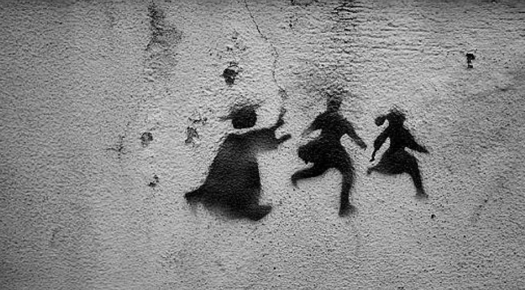
As Atheist Republic has recently reported, Pastor Andy Savage received standing ovations during the service because of confession he made about sexual assault. He confessed and apologized to Jules Woodson for sexually assaulting her about twenty years ago. When he said: “Jules, I am deeply sorry for my actions 20 years ago. I remain committed to cooperate with you toward forgiveness and healing,” church members stood and applauded him for about 20 seconds.
The alleged victim claimed that Larry Cotton, an associate pastor of Woodlands at the time, urged her to stay quiet about what happened. And only after the alleged victim made the case public did Highpoint’s pastor Chris Conlee admit that the information was not new to him or to the church leadership. In an official statement Andy Savage gave about sexual incident with a female high school senior in the church, Chris Conlee wrote:
This information is not new to me or to our leadership. As one of my closest friends and partners in ministry, I can assure you that I have total confidence in the redemptive process Andy went through under his leadership in Texas. In addition, for more than 16 years, I have watched Andy strive to live a godly life and proactively share what he has learned to help others.
Many churches and religious organizations are trying to handle sexual assault allegations internally. The main reason for such practice is to protect their reputation and the image of a good and honest mediator in front of God.
Jen Zamzow, in an article for Christianity Today, wrote: “When investigations of sexual abuse by church leaders are handled internally, we risk missing the truth in the first place.” He further explained the problem of bias:
We’re all familiar with our tendency to evaluate our own moral failings more leniently than the moral failings of others. When someone else does something wrong, we condemn; when we do something wrong, we rationalize.
The problem is, this bias doesn’t stop at ourselves.
…
There might be an even greater danger of rationalization when it comes to judging church leaders than non-religious leaders. Church leaders are not only working for us; they are working for God. Precisely because working for God’s kingdom is a noble goal, it can lead us to justify any sins committed by those who have made it their career. Indeed, this is one of the ways people often try to rationalize keeping leaders accused of sexual abuse in power.This is a precarious road, however. Many terrible injustices have been rationalized in the name of “God’s kingdom.” Power without accountability is dangerous.
He concluded that “given all this, and given how difficult it is to evaluate our own leaders objectively, it is essential to have sexual abuse allegations investigated by an independent party that does not have a vested interest in the church.”
Photo Credits: Wikimedia
